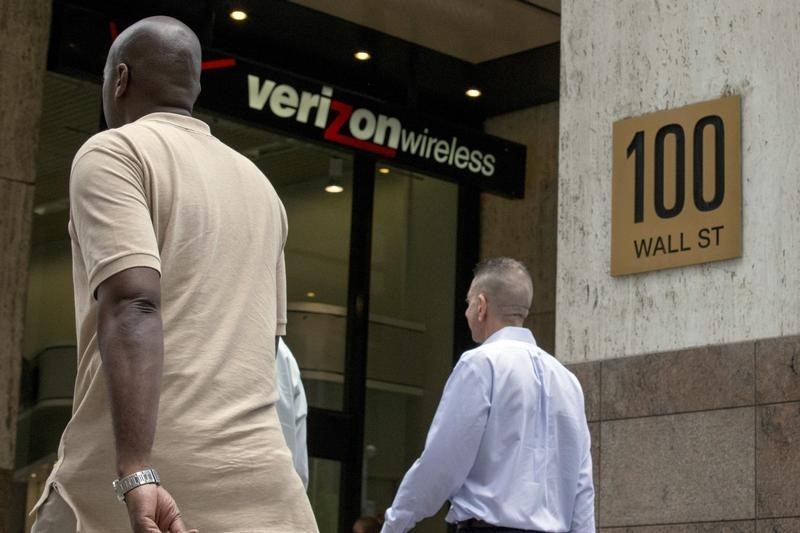This post was originally published on this site
https://i-invdn-com.investing.com/trkd-images/LYNXMPEHAN13G_L.jpg
WASHINGTON (Reuters) -AT&T and Verizon Communications (NYSE:VZ) on Wednesday agreed to adopt new precautionary measures to address air safety concerns raised from the planned use of C-Band spectrum for 5G wireless.
The Federal Aviation Administration (FAA) and the aviation industry have raised concerns about potential interference caused by the 5G deployment with sensitive aircraft electronics like radio altimeters.
AT&T (NYSE:T) and Verizon said they had committed for six months to take “additional steps to minimize energy coming from 5G base stations – both nationwide and to an even greater degree around public airports and heliports,” and said that should address altimeter concerns.
Earlier this month, AT&T and Verizon agreed to delay commercial launch of C-band wireless service until Jan. 5 after the FAA issued a Nov. 2 bulletin warning that action may be needed to address the potential interference caused by the 5G deployment.
The FAA said Wednesday it would review the telecoms proposal, calling it “an important and encouraging step… The FAA believes that aviation and 5G C-band wireless service can safely co-exist.”
The FCC said “these technical mitigations represent one of the most comprehensive efforts in the world to safeguard aviation technologies.”
The FAA may issue an emergency directive to airlines by early December, and two House Democrats warned it could include “draconian but necessary restrictions on many types of critical flight operations.”
AT&T said it was adopting the measures “while additional evidence from radio altimeter manufacturers is evaluated. Though there is no credible evidence that a legitimate interference problem exists, we agreed to take these additional steps to alleviate any safety concerns from the FAA.”
Wireless groups argue that there have been no C-Band aviation safety issues in other countries using the spectrum.
AT&T and Verizon said the commitments will expire on July 6 “unless credible evidence exists that real world interference would occur if the mitigations were relaxed.”

